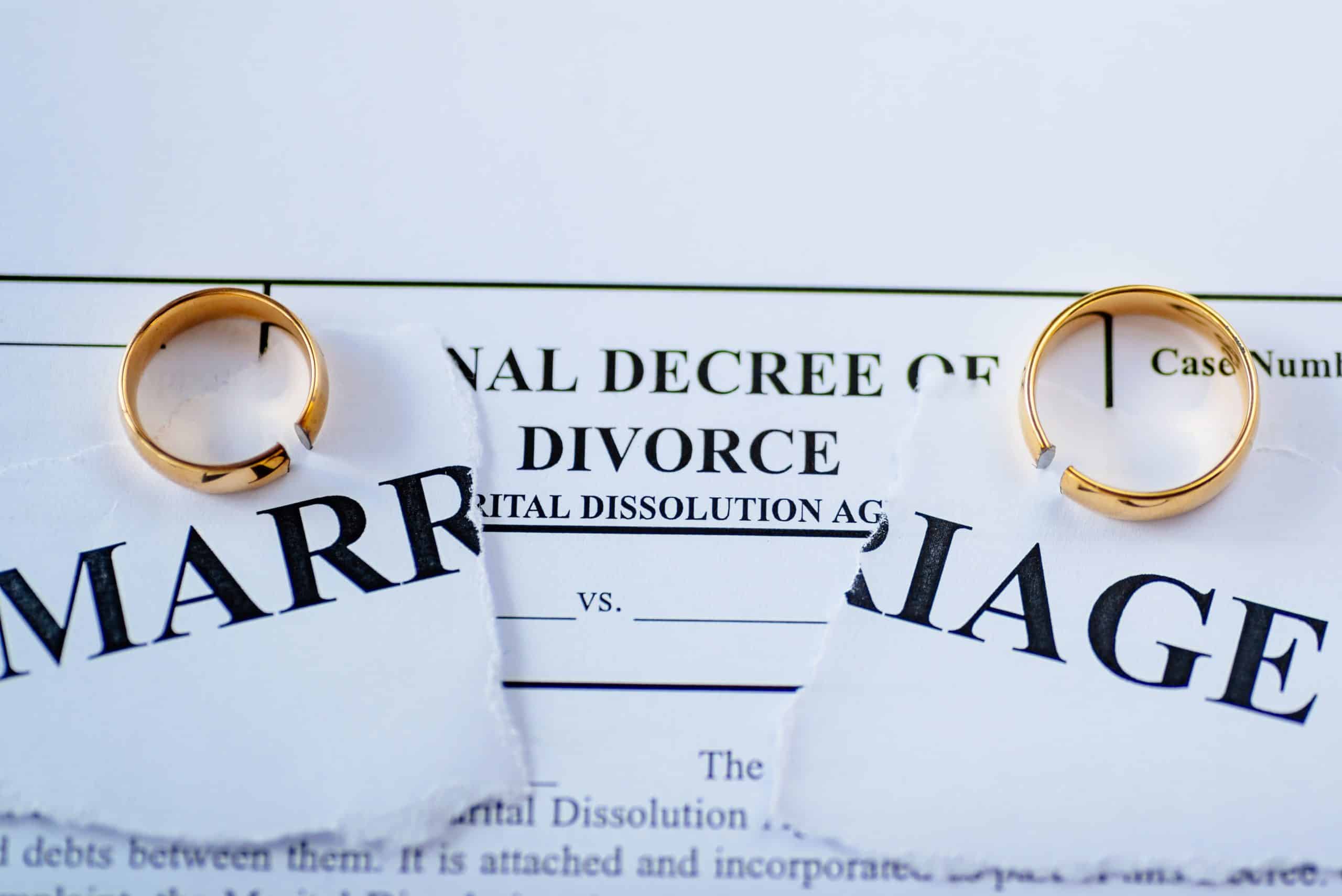What If Your Spouse Won't Sign Divorce Papers?

Exploring Your Options

When you’re ready to end your marriage and you file for divorce, one major hurdle can arise if your spouse refuses to sign the divorce papers. This is more common than one might think and can throw a significant wrench in your plans for moving forward. Here are several steps you can take to navigate this challenging situation:
- Understand the Legal Grounds for Divorce: First, it’s crucial to understand that in many jurisdictions, you do not absolutely need your spouse's consent to get divorced. Depending on your state or country, the law might allow for divorce even without both parties agreeing.
- Consider Mediation or Collaborative Divorce: These options can help facilitate communication and negotiation between you and your spouse, potentially leading to an agreement outside of court.
- Serve the Divorce Papers: If your spouse is uncooperative, you might need to have them officially served with the divorce papers by a process server, law enforcement, or another recognized agent.
What Happens if Your Spouse Won't Sign?

If your spouse refuses to sign, here’s what you can expect:
- Default Divorce: In many places, if your spouse does not respond within a specified timeframe (usually 30-90 days), the court can proceed with a default divorce. This means the divorce can be granted in their absence.
- Waiting Period: Depending on local laws, you might need to wait out a mandatory period before the divorce can be finalized, even if your spouse does not respond.
- Possible Court Appearance: You might need to appear in court to explain why you're seeking a divorce and why your spouse's signature shouldn't prevent it from proceeding.
Legal Alternatives When Agreement Isn't Possible

Should your spouse still refuse to engage or sign:
- Contested Divorce: If your spouse contests the divorce or certain aspects like custody or asset division, you'll enter into a contested divorce, which often means more time, money, and court appearances.
- Request a Hearing for Service by Publication or Other Means: If you can't find your spouse to serve them, you might be allowed to serve by publication or through another method approved by the court.
- Default Judgment: Even if your spouse doesn't engage, after serving the divorce papers correctly, the court can still grant you a divorce based on default judgment.
Notes:

⚖️ Note: The laws regarding divorce vary significantly by location. It's essential to consult with a divorce attorney familiar with local regulations to ensure you're on the right path.
If your efforts to get your spouse to sign the papers fail, you're not out of options. Here’s how you can move forward:Navigating the Process

Moving through a divorce where your spouse refuses to cooperate:
- Documentation: Keep detailed records of all attempts to communicate with your spouse, including attempts at service and any responses or lack thereof.
- Hire an Attorney: A divorce attorney can guide you through legal processes, represent you in court, and potentially negotiate with your spouse or their legal counsel.
- Patience: Legal processes take time. Patience is key, especially when you're dealing with a resistant spouse.
Understanding the emotional and legal complexities of navigating a divorce where one party refuses to sign the papers is crucial. While the process can be daunting, knowing your options and proceeding systematically can make the transition smoother. Remember, you are not alone, and many have successfully navigated this path before you.
What if my spouse refuses to acknowledge the divorce at all?

+
If your spouse refuses to acknowledge or respond to the divorce proceedings, most courts will allow you to proceed with a default divorce after the proper serving of papers and the passage of a mandatory waiting period.
Can my spouse prevent me from getting a divorce?

+
No, in most legal jurisdictions, your spouse cannot prevent you from getting a divorce. The court system has mechanisms in place to proceed even if one party is uncooperative.
How long does it typically take to finalize a divorce where one party won’t sign?

+
While the timeframe can vary, the process can take several months to over a year, particularly if the case becomes contested or if there are disputes over property, custody, or support.
What should I do if I can’t find my spouse to serve them?

+
You might need to seek permission from the court to serve the divorce papers by publication or another alternative method recognized by your local laws.
Can a refusal to sign divorce papers delay the process significantly?

+
While it can delay the process, legal systems have measures to handle such situations, ensuring that the process can eventually move forward.